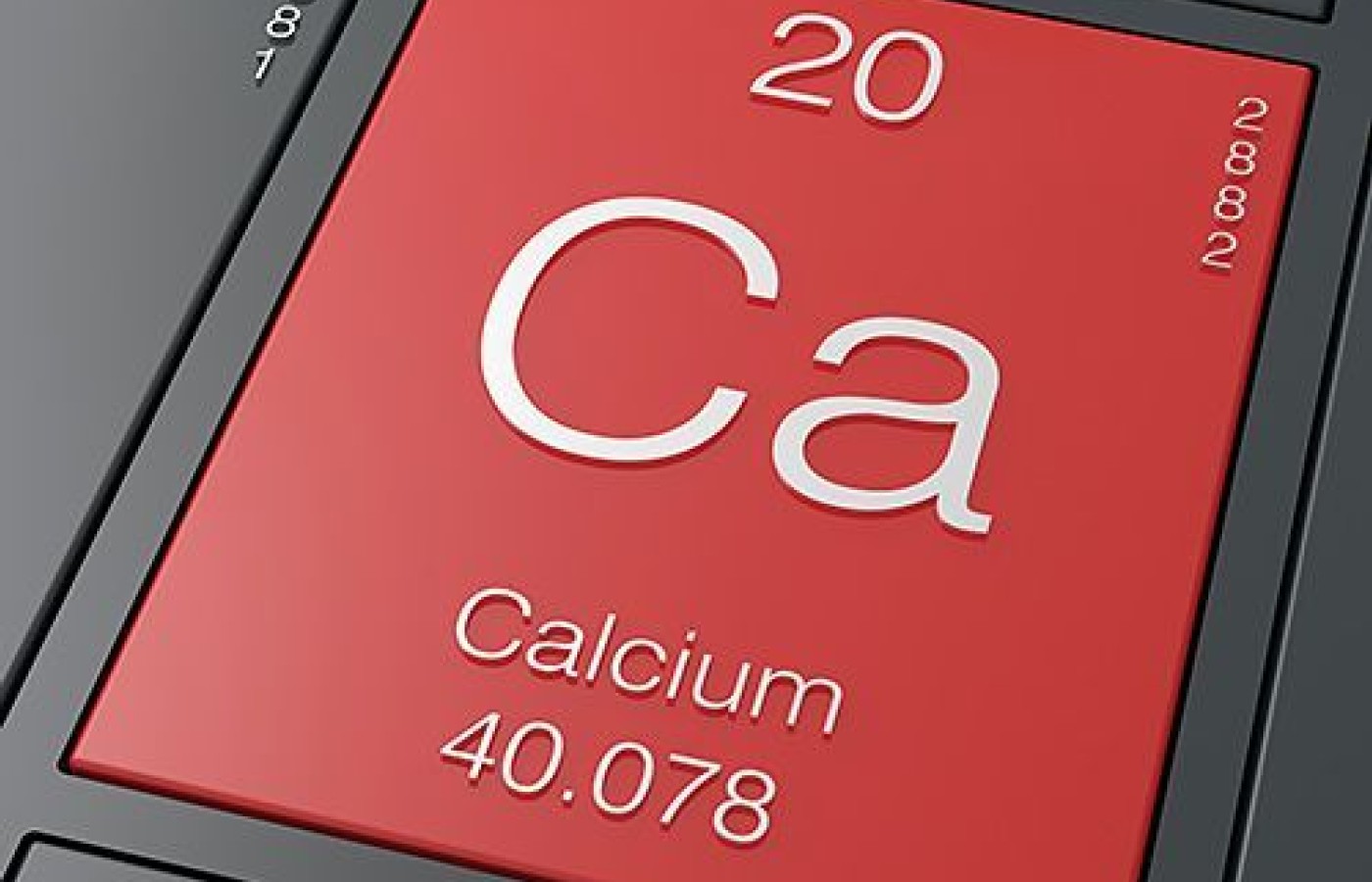New York's highest court of appeals has held that no-fault insurers cannot deny no-fault benefits where they unilaterally determine that a provider has committed misconduct based upon alleged fraudulent conduct. The Court held that this authority belongs solely to state regulators, specifically New York's Board of Regents, which oversees professional licensing and discipline. This follows a similar recent ruling in Florida reported in this publication.
Problems With Calcium Supplementation
For decades, we – and especially women – have been conditioned to think a high level of calcium intake is required for maintaining bone health as we age. The mantra is crystal clear: "Calcium equals bone health," which translates into, "Consume dairy and take calcium supplements to prevent osteoporosis and promote bone health." But is this actually misguided advice?
In 2004, I wrote an article published in JMPT that focused on important non-calcium intake factors that influence bone health, including dietary acidity, essential fatty acids and magnesium.1 It was clear even then: Consumption of alkalizing vegetation (vegetables, fruits, roots / tubers) positively correlated with bone mineral density, but this was not the case for dairy intake, despite the fact it was / continues to be touted as being beneficial for bone health due to its calcium content.
However, despite the availability of this information, the message continues to be drowned out by the ongoing calcium propaganda, which has been dominant for decades. I personally never bought into the propaganda that women, in particular, should supplement with 1,000-1,500 mg of calcium per day for three main reasons:
- Bone loss is promoted by diet-induced chronic inflammation.1
- We cannot consume 1,000-1,500 mg of calcium by diet alone, which means such amounts are supraphysiologic and not something the human body is accustomed to.
- The calcium-magnesium balance in whole foods is close to a 1:1 ratio, which means high-dose calcium supplementation leads to abnormally high cal:mag ratios.

For at least the past two decades, my perception has been that if calcium is to be supplemented, it should be no more than a 1:1 ratio with magnesium to match the balance found in food. It also has been my opinion that we may actually not need to supplement with calcium and should instead focus on magnesium as the key mineral supplement, along with eating an anti-inflammatory (alkaline) diet.1-3
Recent Research Questions Benefits for Bone Health
In 2015, three published papers focused on the ineffectiveness and potential problems with calcium supplementation.4-6 Two appeared in the British Medical Journal,4-5 demonstrating dietary and supplemental calcium had no significant effect on bone density and no preventive effect against bone fractures. [See links to abstracts of both papers in the reference list below.] Consider the authors' conclusion:
"Dietary calcium intake is not associated with risk of fracture, and there is no clinical trial evidence that increasing calcium intake from dietary sources prevents fractures. Evidence that calcium supplements prevent fractures is weak and inconsistent."
The third paper, published in JAMA Opthamology, examined the relationship between calcium supplementation and the expression of age-related macular degeneration (AMD). The average age of subjects with AMD was 67 years. Subjects who reported supplementing with more than 800 mg of calcium per day were more likely to develop AMD compared to subjects who did not report supplementing with calcium. There was a stronger association with AMD expression in 67-year-olds compared to 55-year-olds, and the impression is that a longer time span of calcium supplementation may be the reason.6
Getting Practical: What Should We Do With This Information?
My overall impression is that calcium should be supplemented in no more than a 1:1 ratio with magnesium. It may even be appropriate to supplement with more magnesium than calcium. Patients also should be educated that anti-inflammatory foods such as vegetables, fruits, and roots/tubers are alkaline and have been associated with maintaining bone mineral density. Supplementation with vitamin D and fish oil also should be considered.
References
- Seaman D. Health care for our bones: a practical nutritional approach to preventing osteoporosis. JMPT, 2004;27(9):591-
- Carpenter TO, DeLucia MC, Zhang JH, et al. A randomized controlled study of effects of dietary magnesium oxide supplementation on bone mineral content in healthy girls. J Clin Endocrinol Metab, 2006;91:4866-72.
- Dimai H-P, Porta S, Wirnsberger G, et al. Daily oral magnesium supplementation suppresses bone turnover in young adult males.
J Clin Endocrinol Metab, 1998;83:2742-48. - Tai V, Leung W, Grey A, Reid IR, Bolland MJ. Calcium intake and bone mineral density: systematic review and meta-analysis. BMJ, 2015;351:h4183.
- Bolland MJ, Leung W, Tai V, Bastin S, Gamble GD, Grey A, Reid IR. Calcium intake and risk of fracture: systematic review. BMJ, 2015;351:h4580.
- Kakigi CL, Singh K, Wang SY, Enanoria WT, Lin SC. Self-reported calcium supplementation and age-related macular degeneration. JAMA Ophthalmol, 2015;133(7):746-54.



